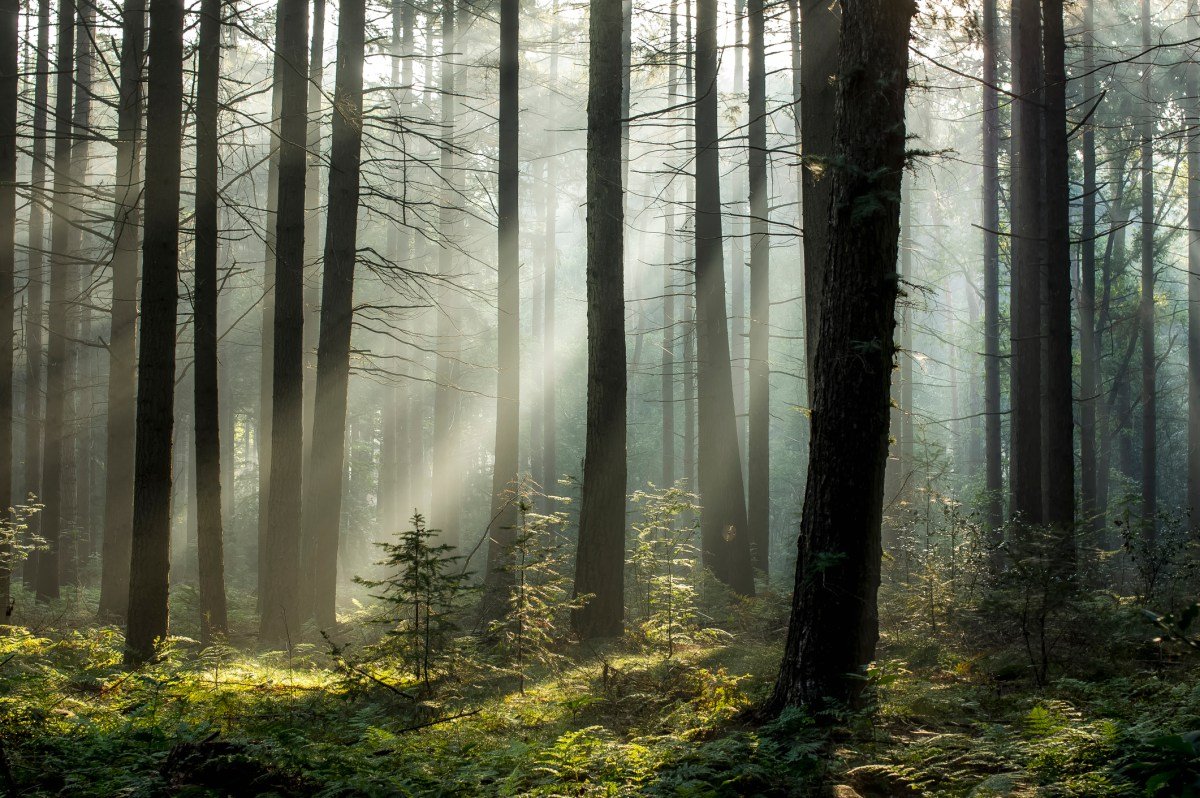As the Earth heats up due to mass industrialization and human-caused climate change, the effects on our environment become more and more apparent. One such impact is the increase in damage caused by devastating wildfires. According to the National Integrated Drought Information System, the amount of forest area burned by wildfires has risen by a staggering 320% between the years of 1996 and 2021. This alarming statistic highlights the urgent need for effective solutions to manage and mitigate the effects of climate change.
While developing technology to slow down the progression and aftermath of climate change would be ideal, the problem is immense and costly, affecting every industry and requiring immediate adaptive responses. However, one startup named Vibrant Planet offers a potential solution to this pressing issue. Through the use of digitized land mapping and AI technology, the company aims to assist its users, such as fire departments and government bureaus, in better managing land and preparing for climate-related disasters like wildfires.
Founder and CEO of Vibrant Planet, Allison Wolff, recently appeared on TechCrunch’s Found podcast to discuss the importance of proper land management in ensuring food security, human safety, and the protection of biodiversity and natural resources. However, despite its crucial role, the industry is still heavily reliant on outdated paper maps, which may not always be accurate. This outdated approach makes it difficult to predict and plan for potential disasters or events related to climate change.
Wolff explains that Vibrant Planet, offered as an annual subscription, addresses this issue by bringing everything online and utilizing AI to provide its users with a faster and easier way to visualize potential disasters and events. She adds, “We’ve essentially consolidated a powerful, cloud-based, data-driven system to make this possible in real time.” Furthermore, the platform encourages collaboration by allowing for spatially overlapped plans.
By moving the mapping process online, organizations can work together to find solutions for land management that benefit everyone. For example, indigenous tribes can share their ancestral knowledge of how to care for a specific area or land, while conservationists can offer insights on how to protect specific species. Meanwhile, fire chiefs can contribute their expertise on managing fire risks in the area.
The system also allows these groups to experiment with various land treatments, like controlled fires or removing certain trees or vegetation, to see the impact on land resilience. This enables them to find the most effective solution for all parties involved.
As someone who never imagined becoming a startup founder, Wolff was driven to take action by the pressing issues that Vibrant Planet aims to address. She explains, “Vibrant Planet is a science and technology platform that creates what we call a common operating picture for wildfire resilience and nature resilience.” Similar to the military and firefighting sectors, the term “common operating picture” represents the importance of urgency and coordinated decision-making. In the realm of natural resource management and building wildfire resilience, this urgent approach is crucial in addressing the pressing and urgent issues at hand.








